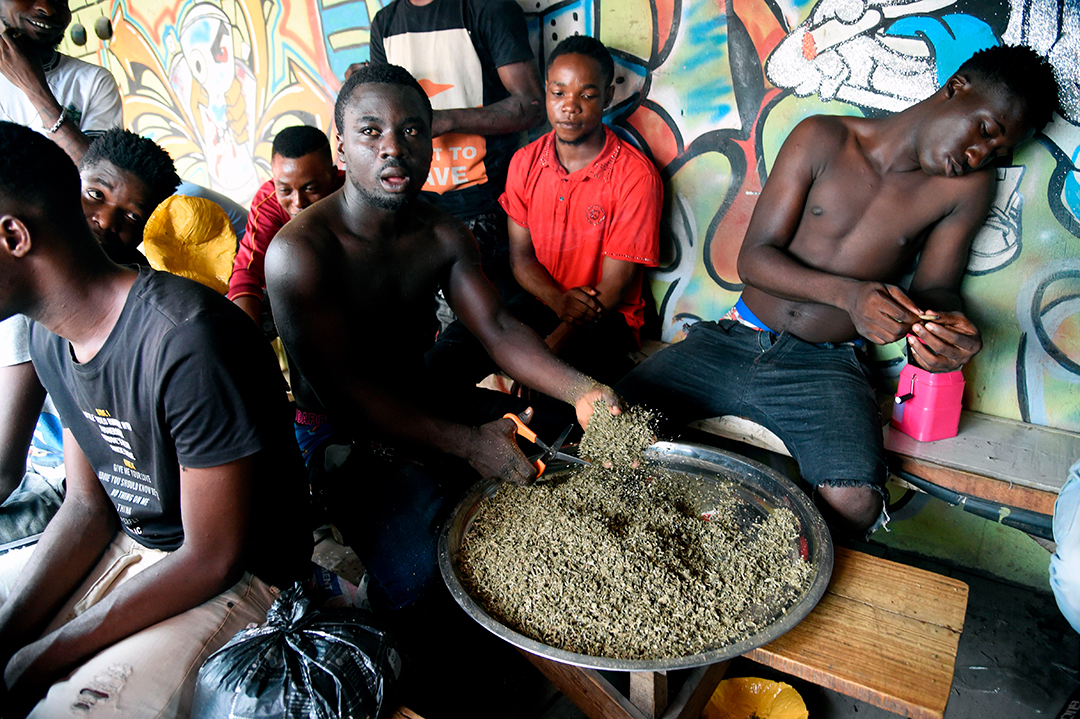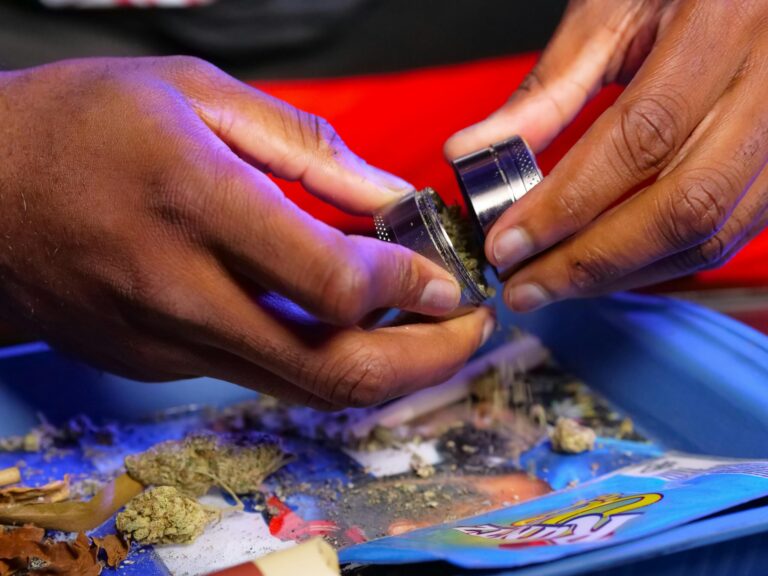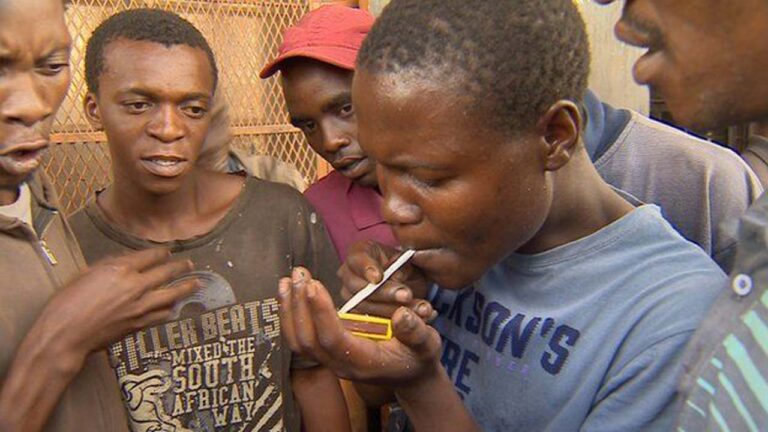🚨 Introduction: A New Wave of Toxic Street Drugs
Nigeria and other parts of West Africa are facing an alarming rise in the abuse of deadly homemade street drugs such as Kush, Khadafi, and Monkey Tail. These substances—often concocted from chemicals, cannabis, alcohol, and even human body fluids—are causing severe mental health problems, addiction, and death, particularly among young people.
In a recent warning, the United Nations Office on Drugs and Crime (UNODC) raised concerns about the public health risks posed by these substances, especially in countries like Nigeria, Sierra Leone, and The Gambia.
🔬 What Are These Drugs?
1. Kush
- What it is: A synthetic drug often laced with toxic chemicals like formalin (used to preserve corpses), tramadol, and cannabis.
- Where it’s common: Sierra Leone, Nigeria (urban ghettos), Liberia.
- Effects: Causes hallucinations, psychosis, memory loss, violent behavior, seizures, and sometimes death.
2. Khadafi
- What it is: A dangerous blend of cannabis soaked in raw alcohol or chemicals.
- Effects: Causes intense hallucinations, temporary insanity, and long-term brain damage.
3. Monkey Tail
- What it is: A Nigerian street concoction made by soaking cannabis in locally brewed gin (ogogoro or burukutu).
- Effects: Disorientation, liver and kidney damage, aggression, and addiction.
😱 Why Are These Drugs So Dangerous?
These drugs are:
- Unregulated: Made in informal settings with no quality control.
- Highly toxic: Often mixed with industrial chemicals, pesticides, or preservatives.
- Very addictive: Users become dependent quickly and often escalate usage.
- Easily accessible: Sold cheaply in ghettos, near schools, and at parties.
The youth population (ages 15–30) is the most vulnerable, using these substances to cope with poverty, trauma, peer pressure, unemployment, and depression.
📈 Impact on Nigeria and West Africa
- In Nigeria, over 14.3 million people engage in drug abuse, with new users turning to Kush and Monkey Tail due to their cheap prices and strong effects.
- Public hospitals are seeing rising cases of drug-induced psychosis and violent outbursts.
- The NDLEA has reported increasing seizures of local synthetic drugs in areas like Lagos, Delta, Kano, and Port Harcourt.
🧠 Mental Health Consequences
Repeated use of Kush or Monkey Tail can lead to:
- Bipolar disorder
- Schizophrenia-like symptoms
- Aggressive outbursts
- Suicidal ideation
- Brain swelling and irreversible neurological damage
👮 Government & UN Response
- UNODC is calling for urgent attention and coordinated public health strategies.
- The NDLEA (National Drug Law Enforcement Agency) has intensified raids and arrests targeting producers and street distributors.
- Some state governments in Nigeria are introducing community rehabilitation programs, but access to treatment remains limited.
🛡️ What Can Be Done?
🔑 Recommendations:
- Community education: Awareness campaigns targeting schools, churches, and markets.
- Treatment centers: Increase funding for affordable, youth-friendly rehab centers.
- Policy reform: Stronger regulation of alcohol, pharmaceuticals, and cannabis access.
- Youth empowerment: Create jobs, skills training, and mentorship programs to keep youth engaged.
- Collaboration: Foster partnerships between government, NGOs, and international agencies like UNODC.
📢 Final Thoughts
The rise of Kush, Khadafi, and Monkey Tail is a public health emergency that Nigeria and other West African nations must confront head-on. These substances are not just “street highs”—they are silent killers stealing the futures of thousands of young Africans.
Now is the time for collective action, investment in prevention, and accessible rehabilitation to protect the next generation from self-destruction.




